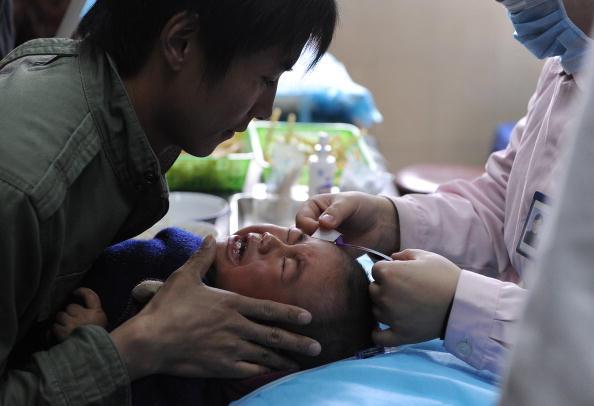Recently, a letter signed by 40 parents seeking legal redress for their sick children was sent to China’s highest court.
The letter, addressed to the supervisory bureau of the Supreme People’s Court and to the supervisory committee of Huiyang District Court in Huizhou City in southern China’s Guangdong Province, sought punishment against judges who sentenced a number of local parents and family members of children who fell ill after getting vaccinations. They were arrested for petitioning the Chinese authorities to seek assistance in caring for their children, according to a July 5 report by Radio Free Asia (RFA).





